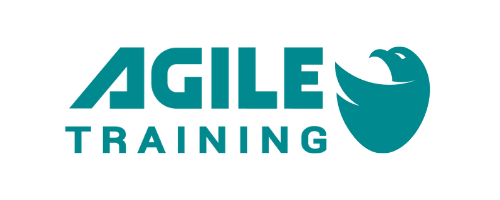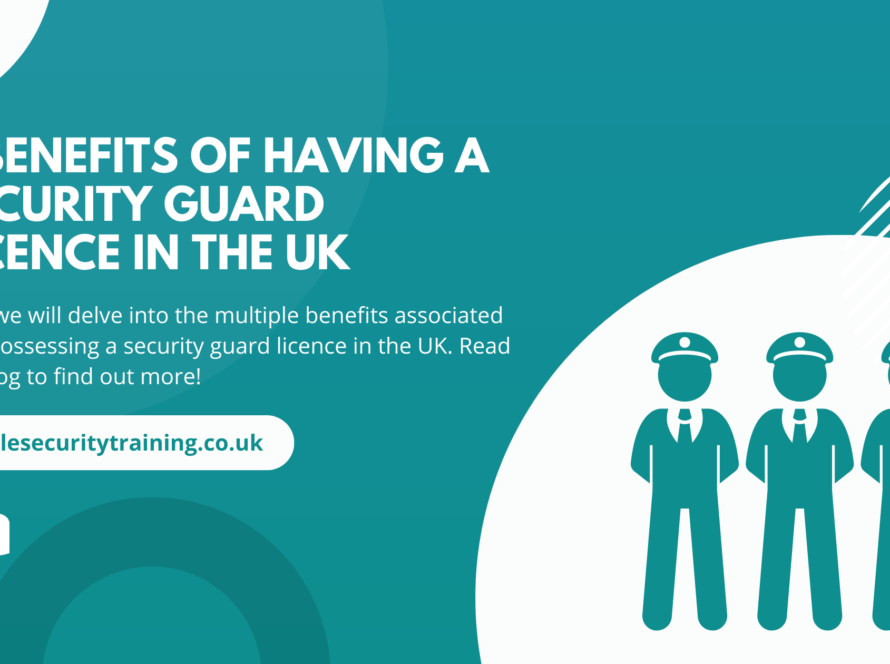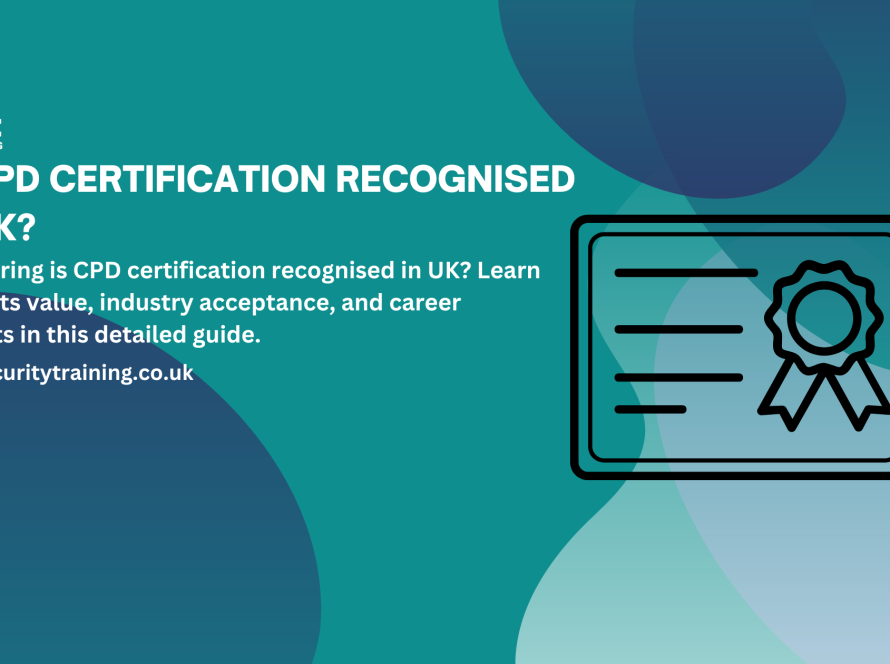In today’s dynamic world, the role of security guards has become more crucial than ever owing to the ever-evolving nature of threats and security challenges faced by both businesses and individuals alike. Security guards perform the important task of safeguarding lives, assets, and sensitive information often under high-stress circumstances. This is bound to take its mental toll with time which is why they should have skills to cope with the demands and challenges of their role. Along with the risks come dangers of being on the frontline as well which is why most security guards have to rely heavily on safety tips. Whether it’s patrolling a property, managing a crowd, or monitoring CCTV footage, these duties come with inherent risks. To perform their roles effectively, security guards must prioritize their safety while ensuring the safety of others.
Safety Tips:
-
Situational Awareness:
Being aware and observant of your surroundings is one of the first and most essential skills for a security guard. Situational awareness involves constantly observing, identifying potential threats, and staying alert to any unusual activity. Being mindful of blind spots, entry and exit points, and potential hiding places for intruders can help you secure the environment. Another way to stay vigilant is to pay attention to details and trust your instincts. Distractions should be avoided especially in high-risk areas.
-
Use of Personal Protective Equipment:
Personal protective equipment is your best ally during your duty hours as is wearing appropriate gear to minimize risks. Body Armour as well as high visibility clothing and gloves ensure protection against attacks, searches, and handling hazardous materials. This is why you should inspect your gear regularly for damage or wear and tear and replace it immediately to guarantee it serves its purpose effectively.
-
Effective Communication:
Clear and consistent communication is vital for maintaining safety and coordination during security operations. Equip yourself at all times to stay connected with your team. Ensure regular testing so it functions properly. Use concise language and standard codes to convey messages quickly and effectively. In case of a potential threat, notify your team immediately. Establish clear communication protocols and have contingency plans in place to combat the disruption of communication lines.
-
Conflict Management and De-Escalation Techniques:
Security guards more often than not are in the midst of situations where they encounter disputes, so it is important to avoid engaging in arguments. Use de-escalation techniques to resolve the conflict peacefully. If any situation escalates beyond control, then it is important to know when to call back up.
-
Emergency Response:
No matter how prepared you are, the nature of the role of a security guard is often unpredictable. Emergencies such as fires, medical incidents, or security breaches require immediate and effective action. It is best to be familiar with emergency procedures like evacuation plans, fire exits, and emergency contacts for your location. Carry essential tools and ensure they are accessible and functional because you never know when you might need them. In case of an emergency follow established protocols to safeguard everyone on site and remain calm under pressure.
-
Physical and Mental Agility:
The job of a security guard can be physically demanding and mentally stressful. Maintaining fitness and mental resilience is crucial for performing well and best of your abilities. Engage in regular exercise to build strength, stamina, and agility. Additionally, practice stress management techniques and seek emotional support if you feel overwhelmed. Get sufficient sleep to remain alert and focused during active duty.
-
Surveillance and Patrol Techniques:
Patrolling and monitoring are core responsibilities for most security guards as performing these tasks efficiently is the first step to prevent potential incidents. Moving on to more safety tips it is crucial to vary your patrol routine as regular patterns can easily be exploited by intruders. Inspect vulnerable areas constantly and vigilantly to report and address vulnerabilities promptly. Document observations by keeping a log of your patrol activities as well as make effective use of surveillance equipment for the same purpose.
-
Handling of Suspicious Individuals or Items:
Encountering suspicious individuals or objects is a common occurrence for security guards. Knowing how to handle these situations safely is essential for everyone involved. Approach the individual or item with caution and from afar. Sudden or aggressive behavior can provoke an unwanted response. Notify your team and if necessary, contact the local law enforcement for further intervention. Avoid confrontation under all circumstances as it can be extremely dangerous and lead to life-threatening consequences.
-
Constant Training and Professional Development:
The security industry evolves constantly, and staying updated with the latest practices is critical for safety and effectiveness. Attend workshops, courses, and certifications to hone your skills focusing on areas such as first aid, fire safety, and conflict resolution. Stay informed to have a deep understanding of emerging threats. Review and analyze previous incidents and reports to identify areas for improvement. It is very important to constantly refine your approach to safety and security.
Also Read: 4 Benefits of Having a License for Security Guards in the UK
Conclusion
Security guards perform a significant function in protecting people and assets, frequently encountering unanticipated and high-risk circumstances. The aforementioned safety tips can be extremely helpful in such instances. Security guards may execute their tasks more successfully and confidently by prioritizing their safety via situational awareness, correct equipment use, good communication, and ongoing training. As a security guard adopting these safety recommendations not only assures your safety but also improves the overall security of the areas you defend. In a sector where every decision may have a huge impact, planning and vigilance are your most valuable advantages.
Reach Out To Us!
Agile Training is proud to be a SIA-approved security training provider, committed to guiding trainees for successful careers in the security business. Our extensive training programs cover every facet of security work, from conflict resolution to emergency response and situational awareness. We provide expert guidance, practical skills, and free resits to ensure you achieve your SIA license with confidence. Whether you’re starting your journey in security or seeking to enhance your qualifications, we’re here to support you every step of the way. Get in touch with us right away to learn more about our courses and take the first step toward a rewarding career in the security sector!



